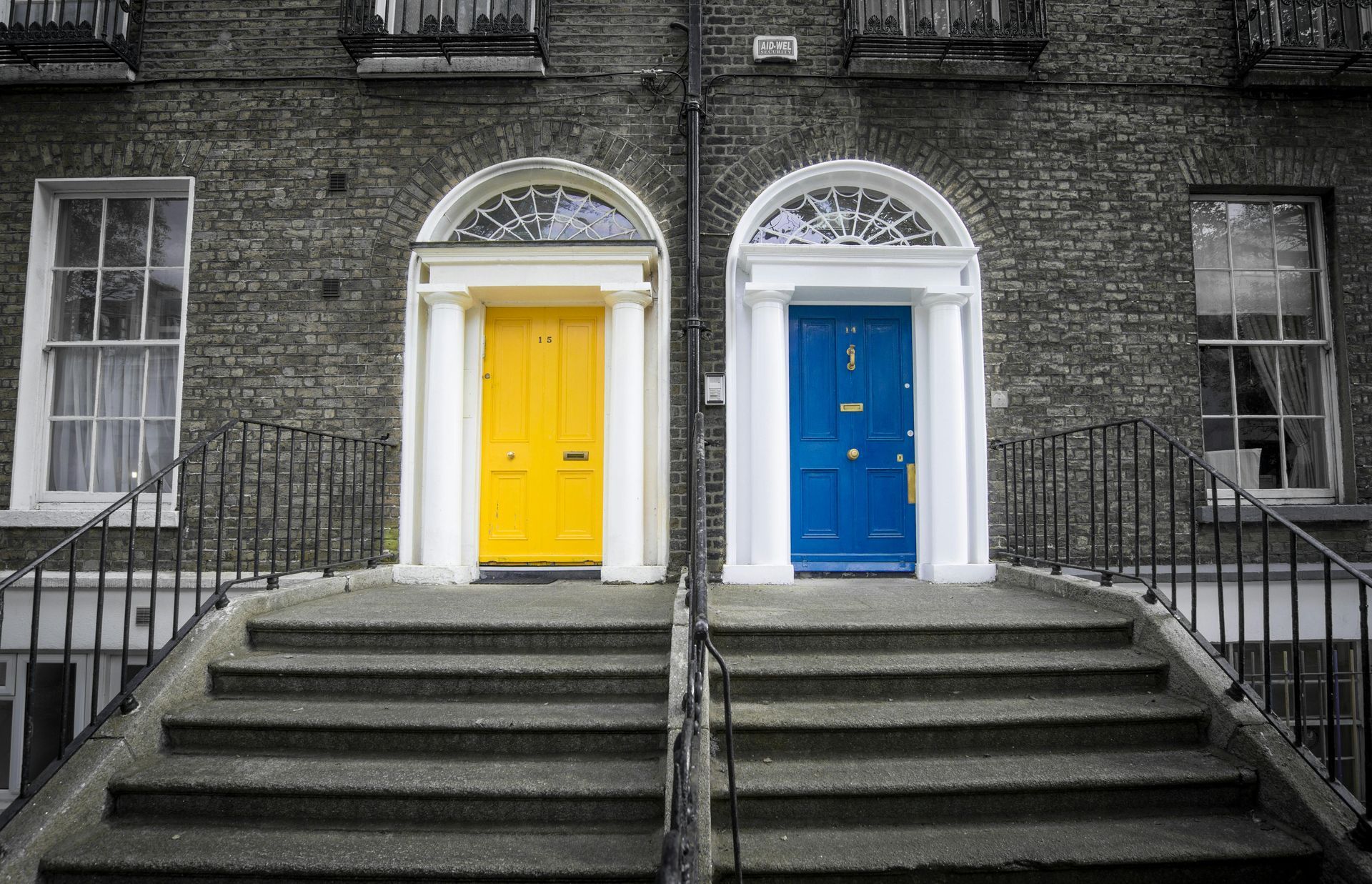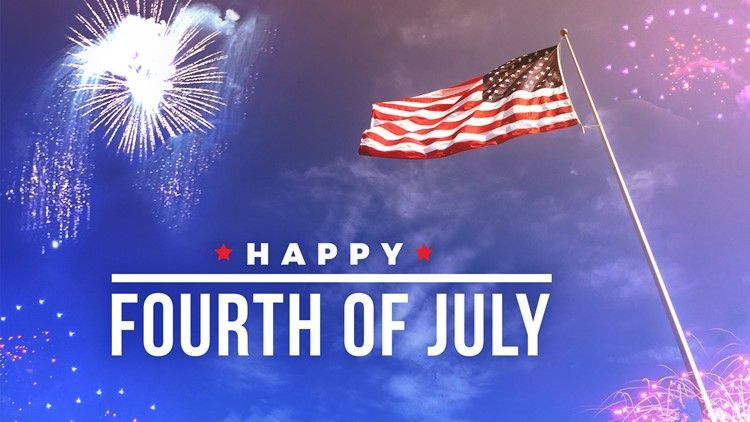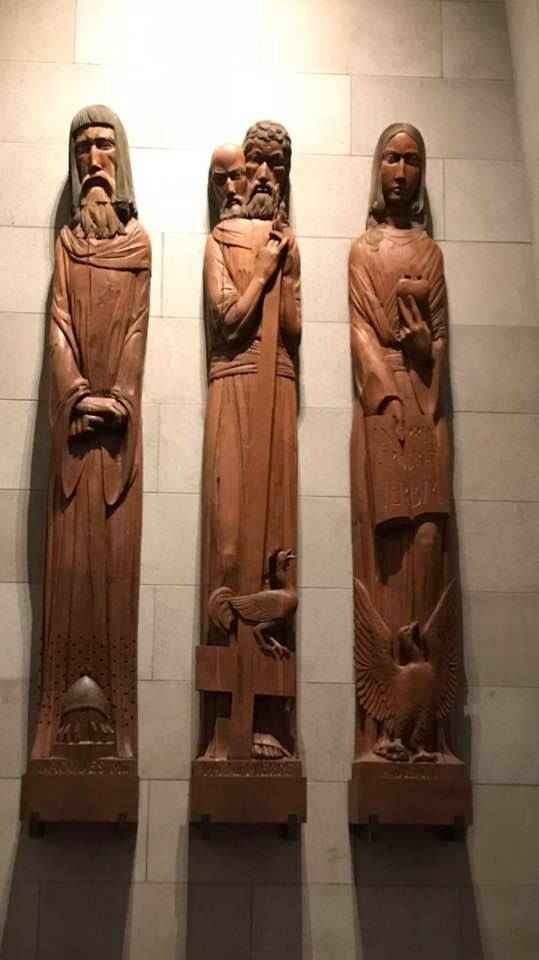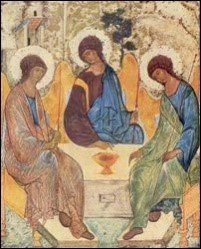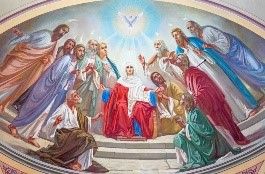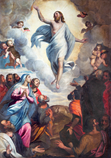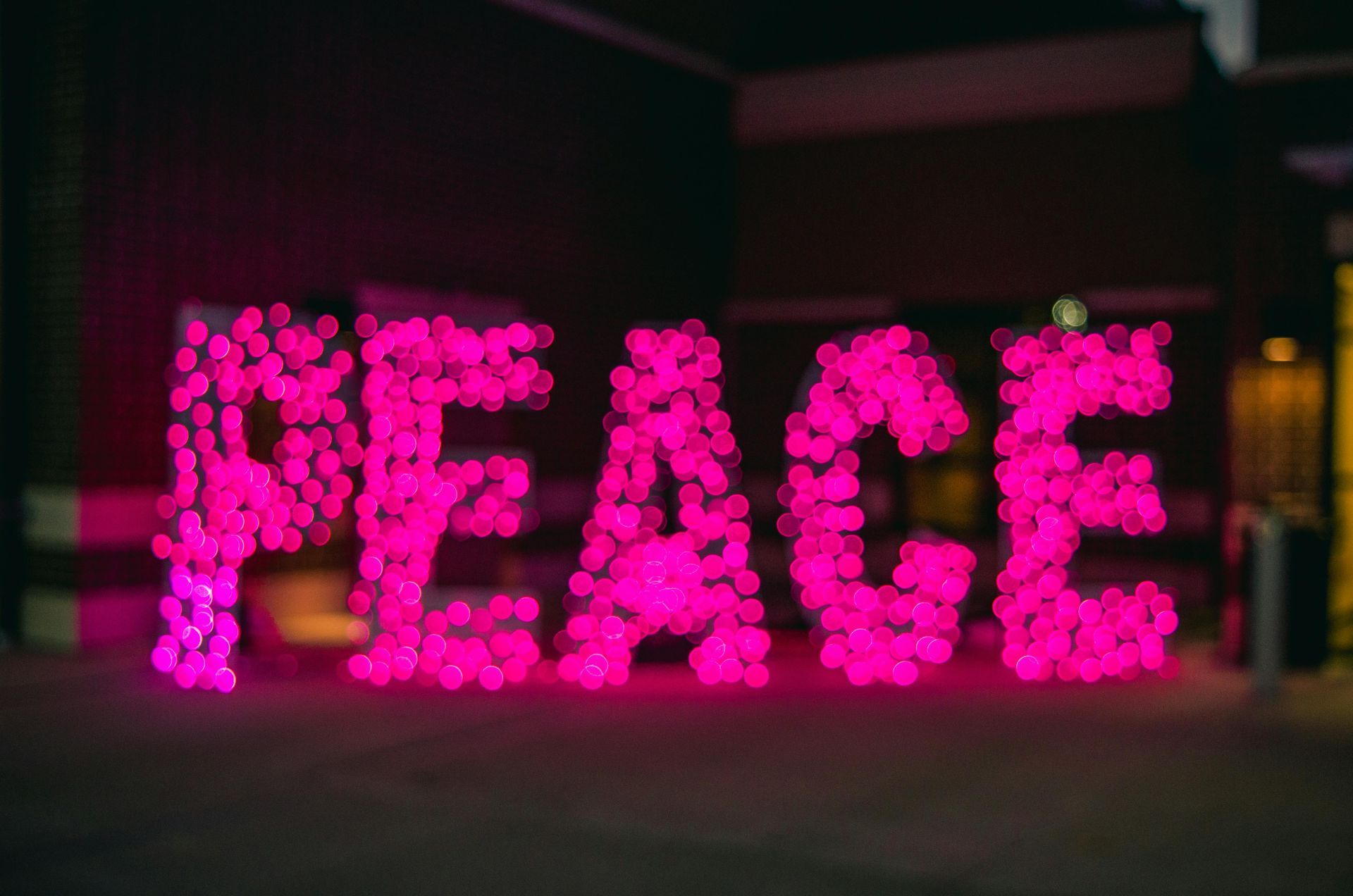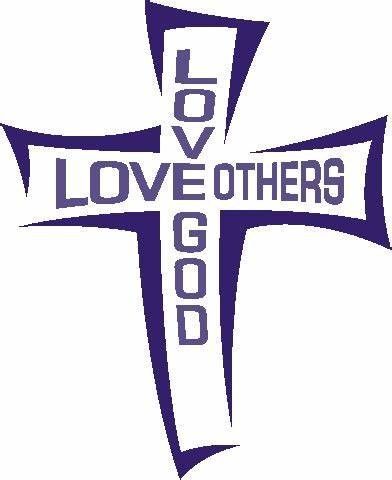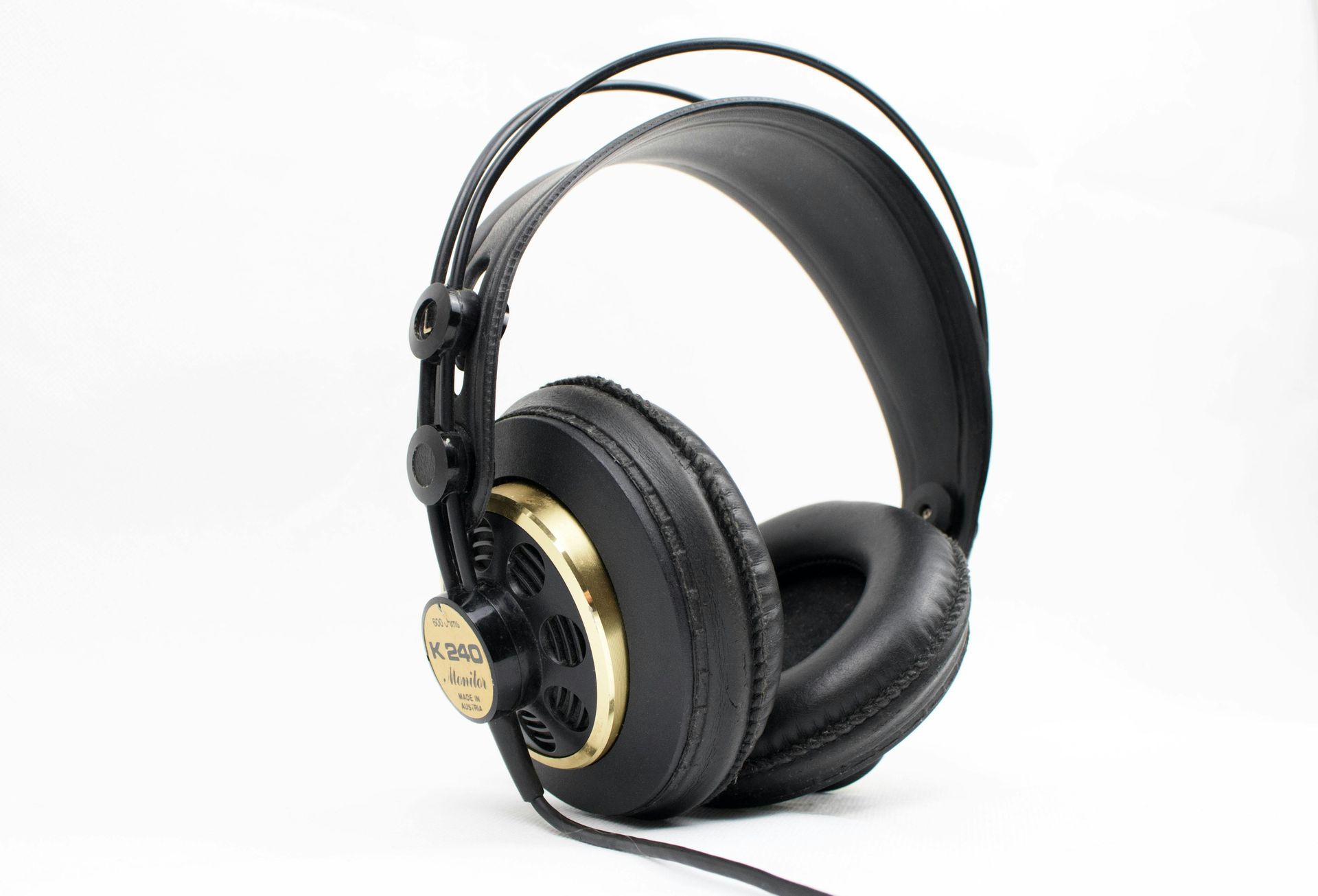Do This in Remembering of Me
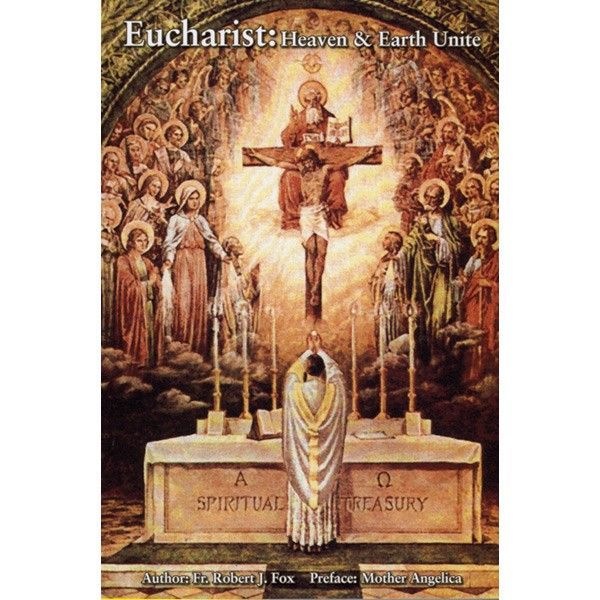
Joke: A Mother-in-law and the wife are often the ones to cause tension in the family of a newlywed couple. A funeral director called the wife for further instructions about her mother-in-law’s body. “Do you want her embalmed, cremated, or buried?” “All the three!” the wife answered promptly. “Don’t take any chances.”
Has Christ been embalmed, cremated, or buried? Christ was buried in the tomb for sure according to the Bible, historians, and researchers. So, if he died and was buried, how could he give us his Body and his Blood that the Church celebrates the Most Holy Body and Blood of Christ today?
To answer this question, let us first dive into today’s second reading, written in the first letter of Saint Paul to the Corinthians Community, reminding us by saying, “The Lord Jesus, on the night he was handed over, took bread, and, after he had given thanks, broke it and said, ‘This is my body that is for you. Do this in remembrance of me.’” In the same way as the body, the cup follows suit, which is used to proclaim the death of the Lord until he comes. Why do Catholics have Mass not only on the weekends but even on the weekdays? We celebrate Mass every day, following exactly what Jesus wanted us to do in remembrance of him. Along with that, when we eat His body and drink His blood, he promises to raise us and to give us everlasting life, “Whoever eats my flesh and drinks my blood,” the Lord Jesus said, reported in John’s writing, “has eternal life, and I will raise him on the last day.” When are we going to stop celebrating Mass? We never stop celebrating Mass until he comes again.
Back to the question, how would Jesus give us his Body for food and his Blood to drink? Why didn’t he give us the Pita bread, the bread that he ate with his disciples, but instead his Body is symbolized by the unleavened bread, the host that we’ve shared at Mass in our time? At Mass, we are offered bread and grape wine, how can they become the Body and the Blood of Christ? What makes these two everyday foods become Christ’s Body and Blood?
In the Eucharistic Prayer II, the priest extended his hands over the bread and wine and said, “Make holy, therefore, these gifts, we pray, by sending down your Spirit upon them like the dewfall, so that they may become for us the Body + and Blood of our Lord Jesus Christ.” The bread and wine immediately became the Body and Blood of Christ. Then, en persona Christi, in the Person of Christ, the priest takes the bread and repeats the Words of Jesus saying, “Take this, all of you, and eat of it, for this is my Body, which will be given up for you” and so with the cup. “For you” means Catholics in union with the Pope, not for other denominations.
Why do we need to receive the Body and Blood of Christ? To answer this question, let us dive into today’s Gospel. In today’s Gospel, Matthew describes clearly the scene where Jesus fed people, at least five thousand men, with only two fish and five loaves of bread in a deserted place. Why did Matthew mention that they were in a deserted place? Isn’t a deserted place often the place of no life? In actuality, the place where the lord is absent would be deemed as deserted. However, this deserted place is different because the Lord Jesus is present. Of course, Jesus took the bread and the fish, gave blessings over them, broke them, and then gave them to the disciples to distribute to the people. Similarly during mass, we bring up gifts to the priest, and after he receives those gifts, he gives blessings and prayers over them in the Eucharistic Prayer. He then breaks the Bread, the Body of Christ, and gives it to us during Communion. These actions are mentioned specifically in the Eucharistic Prayers. In the aforementioned Eucharistic Prayer II, the Lord Jesus said, “He took bread and, giving thanks, broke it, and gave it to his disciples.” Each time we come up to receive Communion, it is not that we receive a piece of bread and drink a sip of wine, but rather we are receiving the Body and Blood of Christ for the sake of our salvation and for everlasting life. Therefore, to have life and salvation, we are invited to receive the Body and the Blood of Christ more often. Not only did Jesus die for the sake of our salvation, but he also became the Food and the Drink for us to partake in his Divinity, for everlasting life. So, why wouldn’t we come often to the Eucharistic Celebration, the Mass, to have everlasting life? The decision is always yours.

